ANTI-FLEA & TICK PREVENTION

Fleas are All Around Us
Many pet owners think that fleas are just a fact of life for their pets – but this doesn’t need to be the case. One recent US study of over 2 million dogs and cats found over 8% of dogs, and nearly 12% of all cats presented at their vet with some sort of flea infestation, yet all of these cases are preventable.
In contrast, many owners of indoor-only animals wrongly assume that their pets are immune to any flea infestation as a result of their environment, but fleas are experts at traveling from habitat to habitat, and can jump up to 150 times their own body length.
Fleas not only cause irritation for your pet – they can seriously impact their quality of life if the infestation is severe enough. Many dogs and cats experience an allergic reaction to flea bites, making the experience extremely uncomfortable.
Fleas can even carry other parasites themselves – flea bites are a common vector for the transmission of tapeworm to our pets and even to humans, and fleas can also carry bacteria that can be dangerous to humans.
Anti-Flea Prevention Programs
At Clyde Veterinary Hospital, we have a strong philosophy of preventative medicine, which includes a “cradle to grave” approach to all-round parasite prevention, starting with puppies and kittens aged from around 8 weeks of age.
Fortunately these days, a number of highly effective preventative treatments exist which allow you to guard against a wide range of high risk parasites through the use of one simple treatment, usually in the form of a tasty chewable medication or easily applied topical treatments.
Let the team at Clyde Vet Clinic put together a preventative care regime for your dog or cat, which will see them effectively protected against the most common types of fleas, ticks, worms and other parasites all year round and eliminate the risk of the most severe symptoms associated with all these nasties and more.
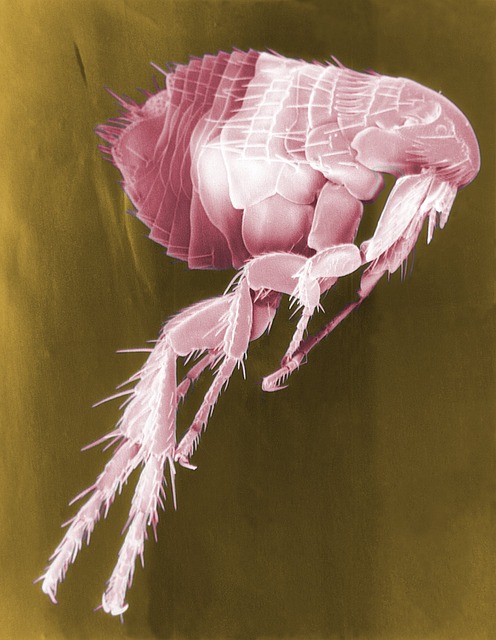


Payment Plans
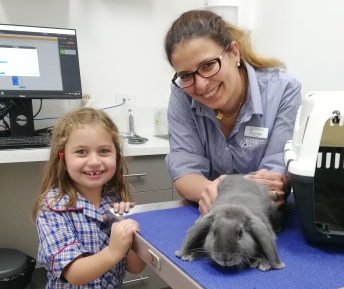
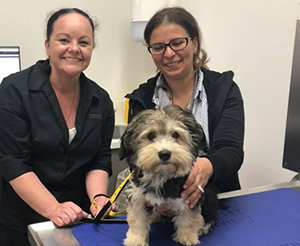
WHY CHOOSE

FOR CLINICAL FLEA & TICK PREVENTION
Flea Prevention
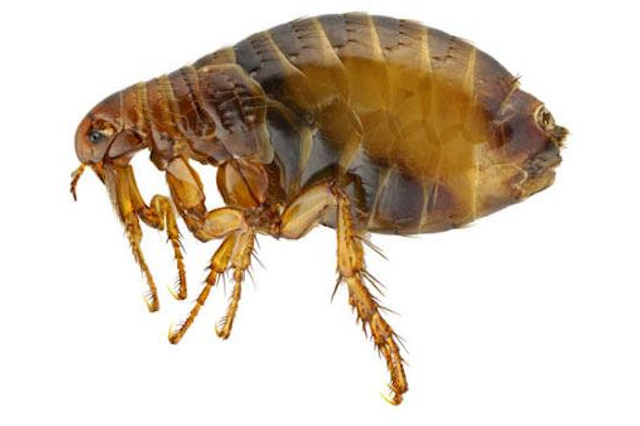
Tick Prevention
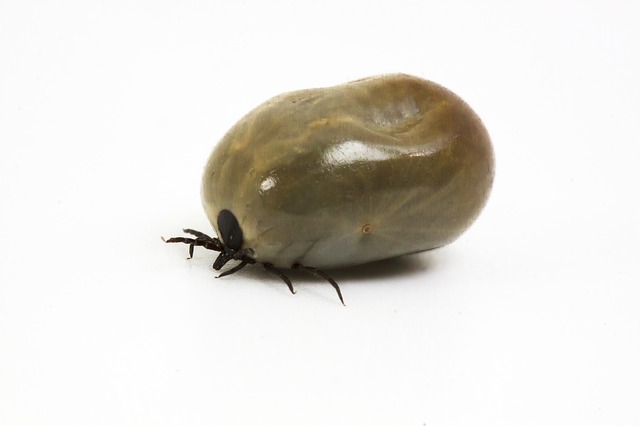
Preventative Care Focus
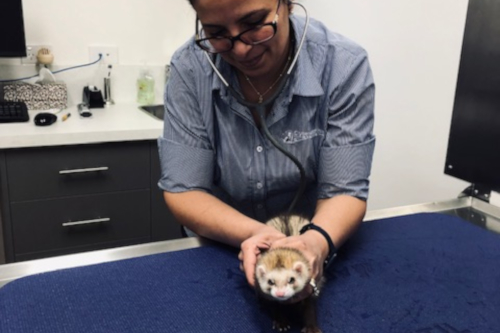
Experienced Veterinarian
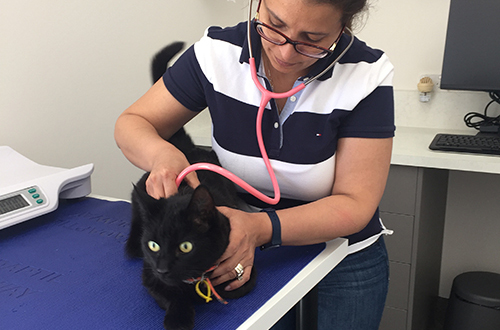
Effective flea prevention and anti-flea care in pets is more than a case of taking the right medication. In fact most medications only act upon one stage of the flea’s four stage life cycle, so effective treatment is often about getting the timing right as well as using the treatments most effective for that stage.
That’s why we start with a holistic assessment of the stage and nature of the infestation, as well as discussing your best options for managing your pet’s environment, as fleas and their eggs will often be present in thier bedding and heavily trafficked areas. This ensures you get the problem treated the right way the first time.
At Clyde Veterinary Hospital, we place a huge emphasis on developing a holistic preventative care regime for your pet’s long term-health. Talk to us today about the flea prevention and management regime most suited to your pet’s unique needs.
Ticks are nasty critters, and some cases can make our pets extremely sick.
The only way to completely insure against them becoming affected by a tick is to see that they never have exposure to them – and of course dogs and cats will tend to seek out exactly those sorts of environments where ticks thrive.
For this reason, an ongoing tick prevention regime is recommended for most pets, as part of a comprehensive preventative care regime. Fortunately many types of anti-parasite medication guard your pet’s against many of the most common species of ticks, as well fleas and many common species of worms.
The most appropriate treatment for your pet will depend upon their unique circumstances and should be considered in the context of a comprehensive parasite prevention regime.
Talk to us at Clyde Vet about the most appropriate treatment based on your pet’s long term health needs.
At Clyde Veterinary Hospital, we place a huge premium on preventative veterinary care, and an effective regime for managing the risks to your dog or cat from fleas and ticks is a huge part of our philosophy. That’s why we are Casey’s #1 destination for preventative pet health care.
Our state of the art veterinary clinic boasts dedicated dog and cat areas with species-specific anti-stress medication diffusers, so your pet will come away from their trip to Clyde Vet smiling like never before.
We also have positive pressure air conditioning to maintain a sterile surgery environment and our infectious disease isolation ward is accessed directly via our carpark, which means the risk of secondary infection from other animals in our clinic is minimised.
Many pet owners think fleas are an inevitable fact of life – but in fact, it’s not difficult to keep your pet free from the most severe symptoms of flea infestations with a little preventative veterinary care.
Clyde Veterinary Hospital passion for prevention, and experience in the analysis, treatment and effective prevention of pesky parasites in most major species.
Dr Mitry’s pet-side manner is second to none, and she brings her experience strong philosophy of preventative care in an effective anti-flea preventative care regime that takes into account your pet’s lifestyle and risks from other parasites to give you the most effective and efficient means of managing those risks.

JUNE SPECIAL PROMOTION

Buy a 3 or 6 month pack of NEXGARD SPECTRA® at Clyde Vet
Get a FREE BONUS month, valued over $27.99
NEXGARD SPECTRA® is a tasty beef-flavoured chew that dogs love
Just one chew, once a month protects against fleas, ticks, mites, heartworm & intestinal worms!
ph. 9052 3200
FAQs
I Think My Cat or Dog Has Fleas – How Can I Be Sure?
The best way to tell if your dog or cat has fleas is to perform a visual inspection of their fur – this will be easiest for pets with lighter coloured fur, but with a little careful inspection can yield results on animals with any coloured coat.
Fleas typically set up their habitat in hard to reach (and see) places, like your pet’s head, neck, tail, armpits, or groin. Licking, biting, or scratching at these places usually indicates the presence of nagging parasites like fleas, and if you notice any such behaviour, this is a good place to start your inspection.
Ideally, have your pet lie down or sit in a position that will allow you the best possible access to the inspection area, and gently brush their fur “against the grain” to make the hairs stand up or separate as much as possible, and slowly sift through the strands of fur a flea comb.
You are looking for tell-tale signs such as the actual fleas themselves, which can be seen moving around on their fur or skin and are usually visible as tiny, pin-point dark brown or black dots.
You should also be looking for any signs of flea “dirt” – small black or reddish-brown specks visible between the strands of hair.
One way to tell the difference between regular dirt and flea “dirt” is to wet any black specks that fall off your pet onto some white paper towel using a water sprayer. If they turn a dark reddish-brown color, you are seeing the digested blood that the flea has passed through its body and excreted, confirming the parasite’s presence.
Another method that works well for finding flea dirt in your home is to put on white socks and walk through areas your pet frequents. Any fleas or flea dirt present will be clearly visible as black specks against the white fibers.
What are the Most Common Types of Fleas in Melbourne?
There are over 2,000 different species of flea known to science, but those that affect dogs and cats most often are fortunately relatively similar in their behaviour, making identification of the flea species unnecessary for effective treatment.
Unsurprisingly the most common types of fleas on our pets are the common dog and cat flea. You might be more surprised to learn that even though dogs far outnumber cats as pets, it is in fact Ctenocephalides felis – the cat flea that causes the most infestations – as it makes its home equally happily on both species.
What is the Most Effective Anti-Flea Prevention?
The only effective flea prevention is to keep your pet from coming in to contact with them, which because of their intrepid nature is in practical terms almost impossible for most dog or cat owners.
So as part of a comprehensive prevntative flea prevention regime, for most pets we recommend some sort of ongoing preventative medication – usually in the form of a handy chewable or topical treatment which will usually serve to guard against a range of other parasites including worms and ticks.
With our strong preventative care philosophy at Clyde Veterinary Hospital, we look at a broad range of possible risks to your from a number of common parasites based on their unique behaviour, lifestyle and envionmental factors to prescribe the simplest and most effective treatment unique to your pet’s needs.
When Is Tick Season in Melbourne?
While it varies from year to year the spring weather kicks in around September each year is generally regarded as the beginning of ‘tick season’ in Melbourne, but adult ticks can be active all year round, so you should be constantly on your guard, especially if your dog makes any visits to rural or forested areas.
What is Tick Paralysis?
Tick-bite paralysis is caused by a toxin that is released through the saliva of certain species of female tick and which is injected into the animal’s blood when the tick bites the skin of your dog or cat. The toxin directly affects the nervous system, leading to a combination of nervous symptoms in the affected animal. Your pet does not need to be severely infested with ticks – a single bite can be enough to cause tick paralysis. Fortunately species of paralysis tick are relatively rare in urban Melbourne, but the risks are real and do exist – particularly around rivers and coastal areas, and areas with a large volume of native wildlife. If your pet is routinely eposed to such areas, you should check their skin regularly for the presence of ticks.
What are the Symptoms of Tick Paralysis?
The common symptoms of tick paralysis in dogs and cats are gradual and incremental in nature. The stages commonly include vomiting, regurgitation, unsteadiness on their feet, high blood pressure, excessive drooling, dilated pupils, increased heart rate (tachycardia) and rhythm, weakness – especially in the hind legs, followed by partial loss of muscle movements (paresis), then complete loss of muscle movement (paralysis) and asphyxia due to respiratory muscle paralysis in severely affected animals. Symptoms usually begin to appear around 6-9 days after a tick has attached to the animal’s skin. Because the disease can progress quickly, animals showing any of these symptoms – particularly more severe ones, should be brought in for a complete check-up as soon as possible.
Should I Have My Dog or Cat Protected Against Ticks?
Tick paralysis is one of the most common preventable causes of death in dogs and cats along the east coast of Australia. Some 10,000 dogs are affected each year, 5% of them fatally, with the remainder experiencing in most cases severe discomfort.
Treatment for tick paralysis once infested can be extremely expensive – up to A$10,000 in some cases – making a tick prevention regime an extremely good investment. If your dog or cat has any regular exposure to lakes, swamps, rivers or wetlands as well as rural, costal, or forested environments you should definitely have them protected against ticks. Preventative treatments for ticks are also usually effective against fleas as well, providing an extra dimension of protection for your pet.


